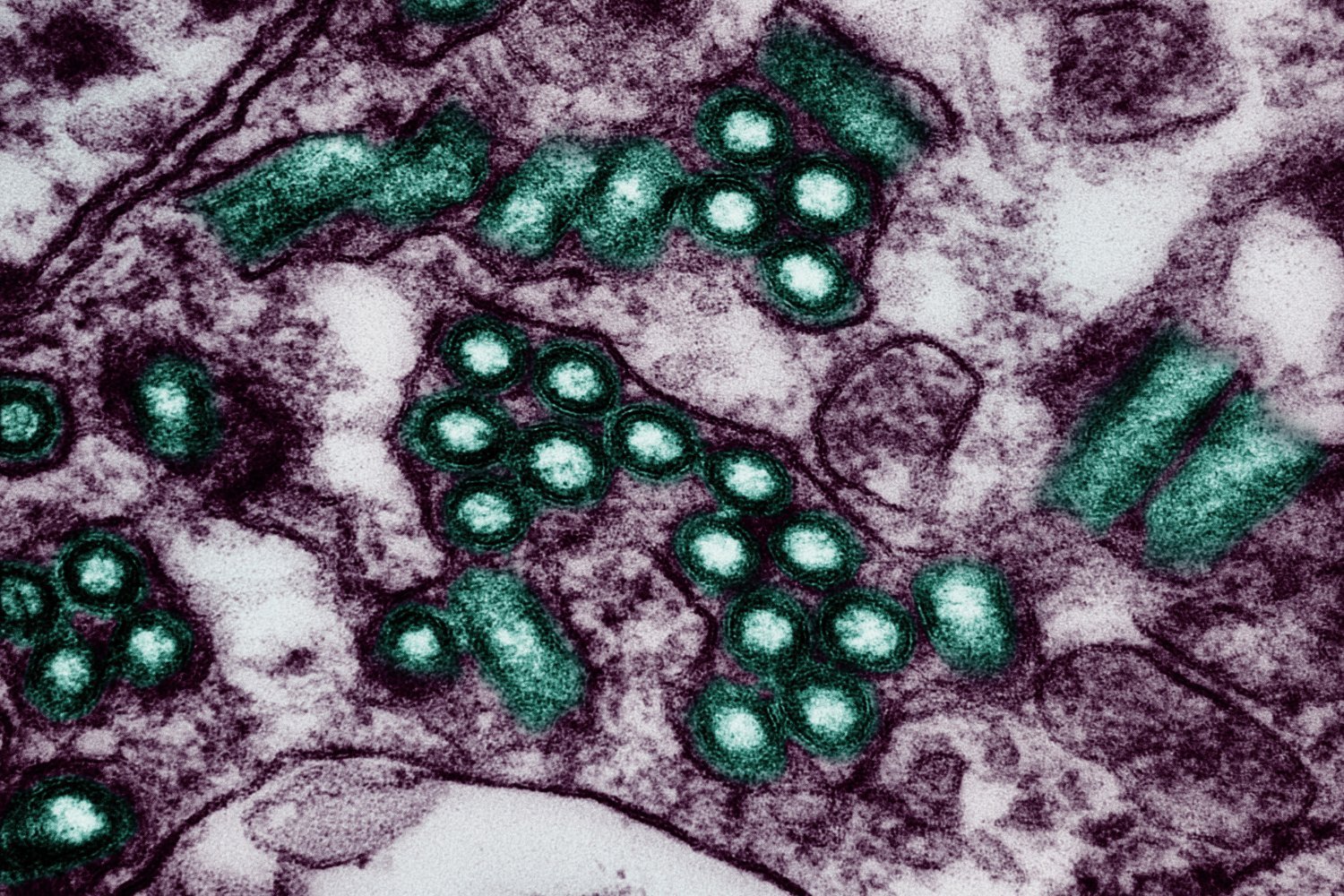A life-saving kidney transplant procedure has resulted in a tragic and exceptionally rare death from rabies. Health officials in Michigan and Ohio, along with the Centers for Disease Control and Prevention (CDC), have confirmed that a Michigan resident died after contracting rabies from an infected kidney received during a transplant procedure. This marks the first human rabies case in Michigan since 2009.
This unusual case, initially reported by WTOL in Toledo, Ohio, highlights the inherent risks, however small, associated with organ transplantation. While authorities have assured the public that no further risk of rabies transmission exists from this specific case, the incident prompts a review of current protocols and underscores the devastating nature of this deadly virus. The recipient underwent the transplant surgery in December 2024 at the University of Toledo Medical Center and tragically succumbed to the infection in January 2025.
Rabies, a viral infection affecting the brain and spinal cord of mammals, is typically transmitted through the saliva of an infected animal, most often through bites or scratches. While post-exposure prophylaxis, a combination of vaccination and rabies antibodies, is highly effective in preventing rabies if administered promptly after exposure, the disease is almost invariably fatal once symptoms begin. These symptoms can include aggression, disorientation, and hydrophobia (fear of water).
While rabies remains a rare occurrence in the United States, with fewer than ten deaths reported annually, cases do occur, primarily from contact with infected wildlife, particularly bats. Transmission through organ transplantation is exceedingly rare. The CDC investigated a similar case in 2013 involving a Maryland resident and a cluster of four deaths in Texas in 2004 was linked to a single organ donor. Rabies transmitted via transplantation is a more significant concern in countries like China, where rabies is more prevalent.
Organ donors and their organs undergo rigorous testing for a range of infectious diseases. However, routine testing for rabies is not typically conducted unless there is a clinical suspicion of infection. This is partly due to the difficulty of confirming rabies in the short timeframe required to maintain organ viability for transplantation. In previous U.S. cases, the donors were not initially suspected of having rabies, although it was later determined to be the likely cause of death.
The University of Toledo Medical Center has stated that a thorough review of the procedure found no deviations from standard protocols or best practices. This tragic incident appears to be an exceptionally rare, unfortunate event. Health officials have completed their investigation and confirmed no further risk of rabies transmission exists from this case.
The CDC and other health organizations continue to work to refine screening procedures and improve surveillance for rabies to minimize the risk of transmission through transplantation. This heartbreaking case serves as a sobering reminder of the ongoing need for vigilance in organ donation and transplantation.











